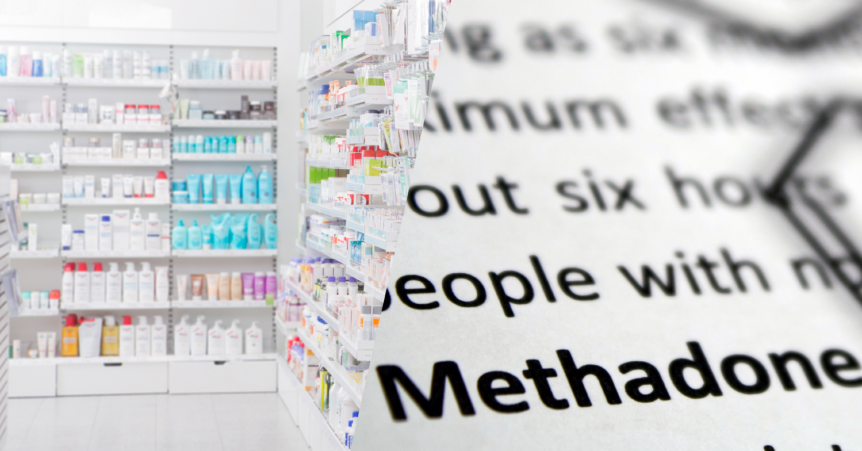Around 900 people die of opioid-related overdose in Australia each year. Opioid Treatment (OT) can protect against opioid overdose among other benefits. When will governments in Australia take this seriously and ensure access to OT for those seeking it?
AIVL and its member organisations across Australia are calling for increased access to medicines that can save lives and improve quality of life. There is a critical shortage of doctors who prescribe and pharmacies who dispense OT, like methadone and buprenorphine (‘OT’, is otherwise known as pharmacotherapy or opioid substitution/replacement therapy or Opioid Dependence Treatment Program ‘ODTP’). This situation is placing lives at risk of harms including overdose death. OT is prescribed for people who are physically dependent on opioids to prevent negative effects like withdrawal symptoms. Withdrawal symptoms are often downplayed but can escalate quickly into severe illness. Without a regular dose of OT medicine, tolerance can fluctuate, leading to an increased chance of accidental overdose, or Emergency Department presentation. OT programs assist people to lead full and functional lives. Ensuring treatment continuity is essential and while there have always been challenges involved when providing access to this medicine, the situation is now at a crisis point.
According to the Australian Institute of Health and Welfare, on a snapshot day in 2020, 53,300 clients received OT from 3084 dosing points and there were 3422 authorised opioid pharmacotherapy prescribers. That’s a mere 3084 dosing points, but Australia has more than 20,000 pharmacies? Just 3422 prescribers, but in December 2021 there were 126,722 APHRA registered and practising medical professionals?! Tens of thousands of Australians rely on their OT medicine, but it is uncommon for pharmacies to dispense it and even less common for doctors to prescribe it. In most parts of Australia, a GP can prescribe OT for a small number of patients but very few do. Some people who use OT medicine and live in regional areas must travel more than 2 hours per day just to access their daily dose from a participating pharmacy.
Even when people have a doctor and pharmacy sorted to enable their access to OT, there are more barriers to overcome. OT has high dosing fees that are prohibitive for many. Further, the OT dosing guidelines are restrictive and haven’t been reviewed since the program started 40-years ago, despite there being significant evidence now that the guidelines should be loosened. The Australian Government is aware of this matter and held a stakeholder consultation forum for the Post-market Review of Opiate Dependence Treatment Program Medicines on 24 February 2022. For people who rely on OT, such changes aren’t happening soon enough and access to medicine is a human rights issue that is fuelled by the stigmatisation of people who use drugs and drug treatments. AIVL is calling for wide-spread access to OT!
Media release by Steph Tzanetis (Principal Project Officer - AIVL)
AIVL is the national organisation representing people who use/have used illicit drugs and is the peak body for the state and territory peer-based drug user organisations.
MEDIA CONTACTS:
Jake Docker, CEO, AIVL – email ceo@aivl.org.au

